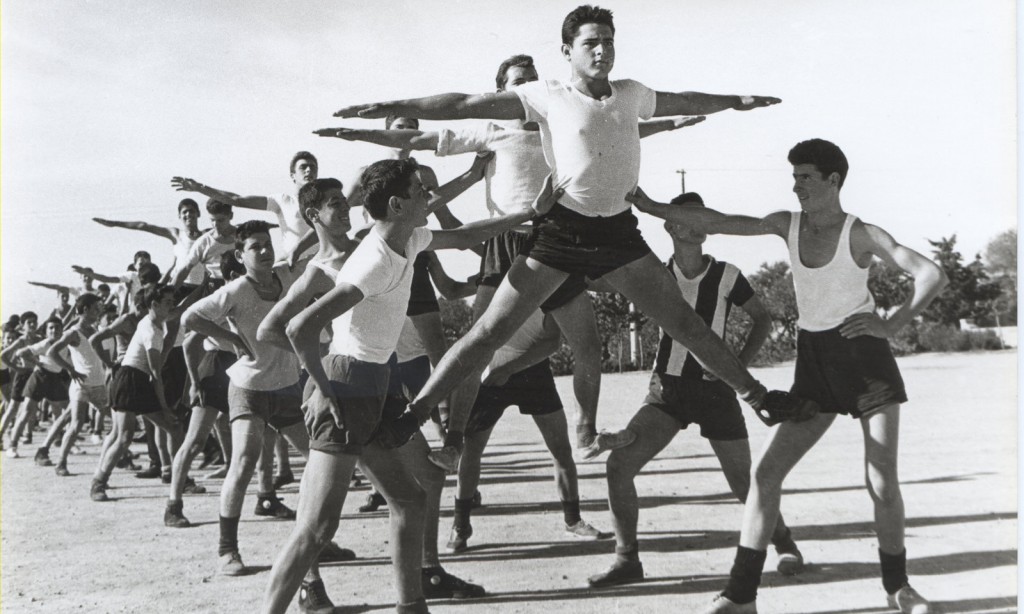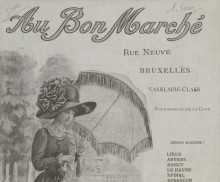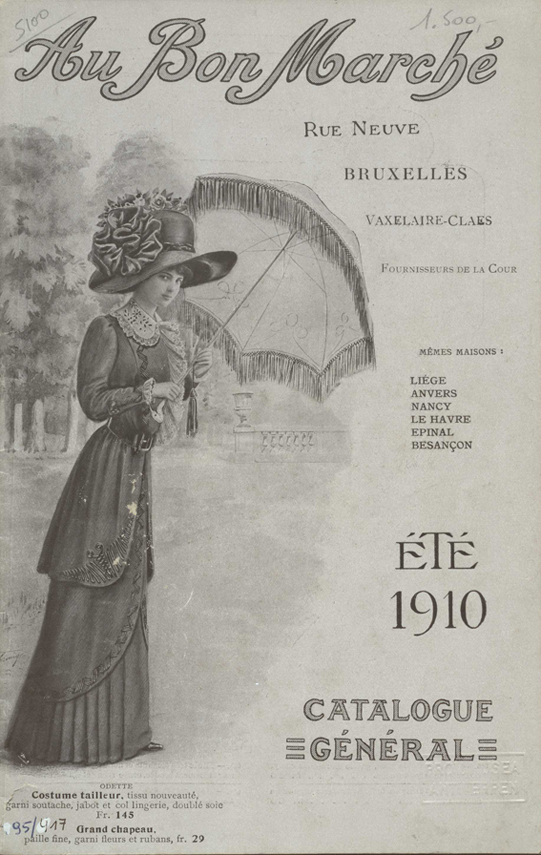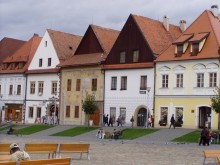The 7th biannual European-Mediterranean (EUROMED) conference brings together researchers, policy makers, professionals, fellows and practitioners to explore some of the more pressing issues concerning Cultural Heritage today. In particular, the main goal of the conference is to focus on interdisciplinary and multi-disciplinary research on tangible and intangible Cultural Heritage, using cutting edge technologies for the protection, restoration, preservation, massive digitalization, documentation and presentation of the Cultural Heritage contents. At the same time, the event is intended to cover topics of research ready for exploitation, demonstrating the acceptability of new sustainable approaches and new technologies by the user community, owners, managers and conservators of our cultural patrimony.

In cooperation with the European Commission, the EU Parliament, the EU Member States Expert Group on Digital Heritage & Europeana, ICOMOS, the EU Digital Library Europeana and the EU Projects DARIAH-EU Research Infrastructure on e-Humanities and Art, ViMM: Virtual Museums, INCEPTION, the COST Action Innovation in Intelligent Management of Heritage Buildings and others more…
http://www.euromed2018.eu
Panel Discussion on Looting and Destruction of CH with prominent professionals from UNESCO, ICOM, ICOMOS, Interpol, Google Institute, etc
Workshops – Open to all participants:
- The European Commission’s Workshop on how digital technologies can contribute to the preservation and restoration of Europe’s most important and endangered cultural heritage sites:
– Which technologies need to be developed to allow the creation a digital replica which must be of such definition and detail enabling their use for research and future preservation and reconstruction of damaged artefacts or sites?
– Which standards needs to be agreed upon so that the digitised material will be accessible (long term) to all through a single access point, also providing access to complementary material (images, books, descriptions, drawings) illustrating the cultural and historic significance of the sites.
- The 4th International Workshop on 3D Research Challenges in Cultural Heritage, focusing on novel technologies in Virtual, Augmented and Mixed Reality as well as in the holistic documentation of the past (such as monuments in HBIM, etc).
- H2020 – COST Joint Session: How to overcome the fragmentation in Cultural Heritage research and funding in the context of Horizon Europe?
https://goo.gl/XTdUTL
- H2020 – VIMM: Investing in the future of our Digital Cultural Heritage: The EU Horizon 2020 CSA ViMM Roadmap
https://goo.gl/HfWc84
- H2020 – INCEPTION Workshop: the latest developments in the area of 3D holistic documentation in cultural heritage.
https://goo.gl/iJbZJX
- H2020 – CrossCult: Cultural informatics research and applications: State of the art and open challenges
https://goo.gl/PTQ83q
- Europeana Transcribathon 1914-1918 in Cyprus: one-of-a-kind competition where participants come together to transcribe and annotate as many letters, diaries and other digitised documents as possible from the online archive, Europeana 1914-1918.
https://goo.gl/axf7gE
Topics and themes:
Researchers and practitioners willing to participate to the EUROMED 2018 conference were invited to submit papers on original works addressing the following subjects and research themes:
i) DIGITAL HERITAGE DOCUMENTATION and PRESERVATION
ii) PROTECTION, RESTORATION AND PRESERVATION OF TANGIBLE AND INTANGIBLE CULTURAL HERITAGE
A total of 537 papers have been submitted and reviewed for the EuroMed2018 conference, of which ca. 25% have been accepted.
The conference registration are now open with preliminary agenda: http://www.digitalmeetsculture.net/article/euromed-2018-registrations-are-now-open/
>>>>
Some important information for travelling to Cyprus:
1. Venue of the conference: Filoxenia International Conference Center in Nicosia, Cyprus http://www.fcc.com.cy/ (Google Maps: https://goo.gl/p9tqcP)
2. Traveling to Cyprus and from the airports to Nicosia: https://www.euromed2018.eu/index.php/travelling-cyprus
3. Travelling in Nicosia by BUS:
a) https://itunes.apple.com/cy/app/cyprus-bus/id1384885081?mt=8 (App store)
b) https://play.google.com/store/apps/details?id=com.gmv.cyprusbus2 (Android)
4. Hotel accommodation in Nicosia: https://www.euromed2018.eu/index.php/accommodation
5. About Cyprus: http://www.aspectsofcyprus.com/ and Cyprus Tourism Organization: http://www.visitcyprus.com/index.php/en/
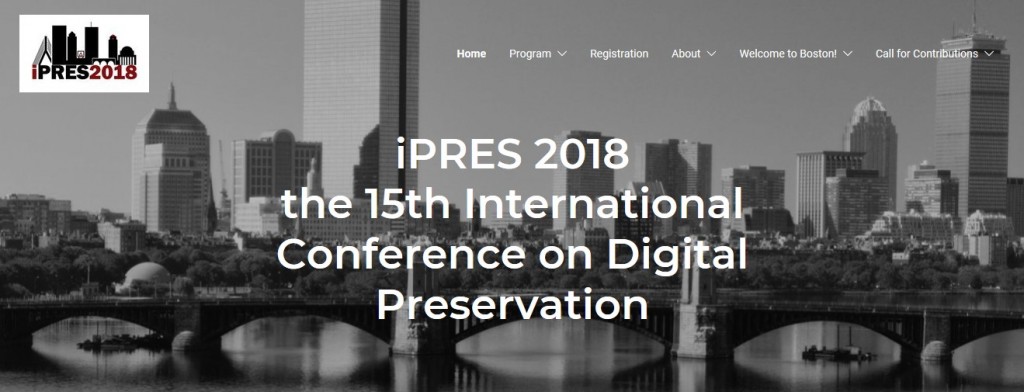



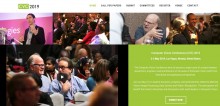
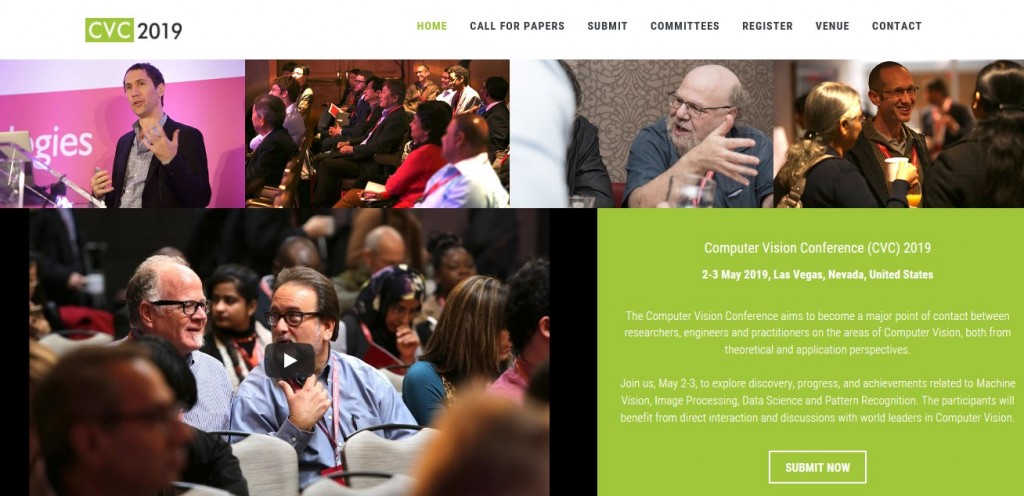

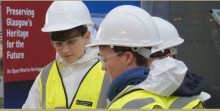
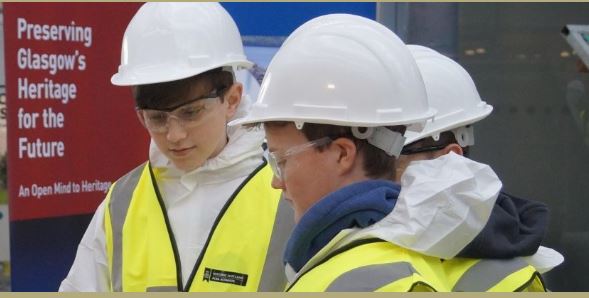
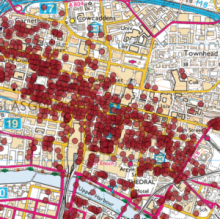
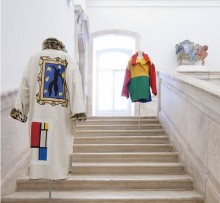
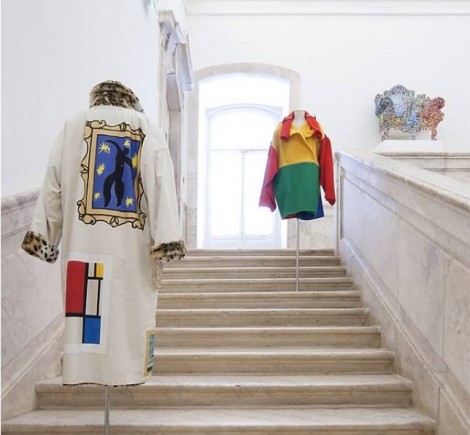 The conference Europe and Fashion: Questioning Identities and Cultures focused on European sartorial heritage, its collecting and its archiving practices; it explored and contextualised spaces of cultural interactions, displacement and construction of national and transnational identities in the European landscape.
The conference Europe and Fashion: Questioning Identities and Cultures focused on European sartorial heritage, its collecting and its archiving practices; it explored and contextualised spaces of cultural interactions, displacement and construction of national and transnational identities in the European landscape.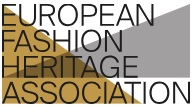 The conference was organised by the European Fashion Heritage Association in collaboration with The New School – Parsons Paris, IUAV University of Venice and London College of Fashion – University of the Arts London, under the auspices of the French Ministry of Culture. The event was also listed among the initiatives part of “2018 – European Year for Cultural Heritage”.
The conference was organised by the European Fashion Heritage Association in collaboration with The New School – Parsons Paris, IUAV University of Venice and London College of Fashion – University of the Arts London, under the auspices of the French Ministry of Culture. The event was also listed among the initiatives part of “2018 – European Year for Cultural Heritage”.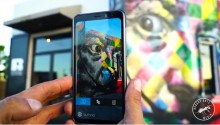
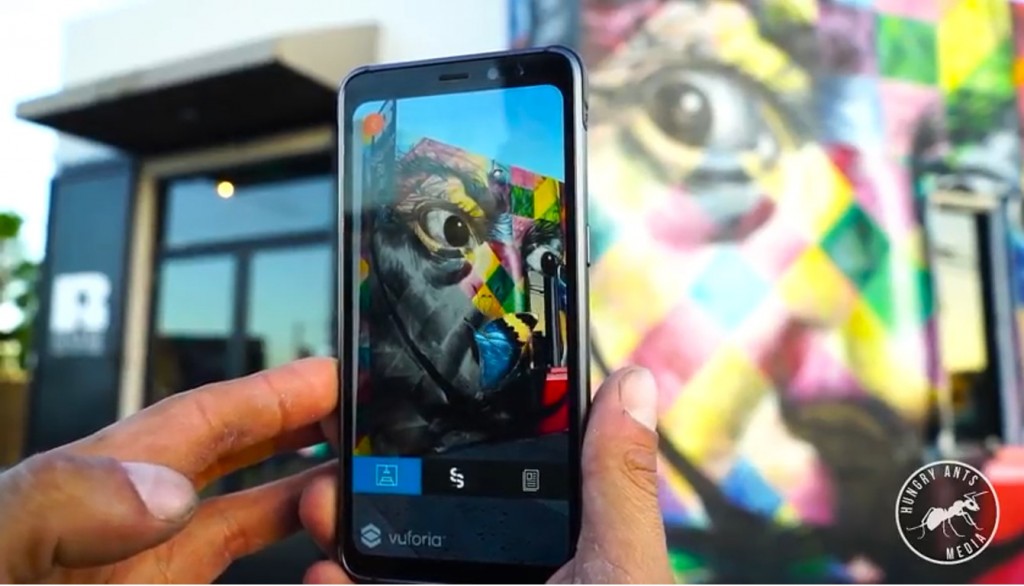 South Florida-based artist Luis Valle, who has spraypainted murals across Miami, is a part of a project called “Augmented Reality.” Using an app, Mussa, viewers can have an augmented reality experience and view a 3D model of his artworks. Luis says this particular intersection of technology and art is thrilling and he believes AR will help creatives better connect their work with onlookers, because of its ability to make art more evocative.
South Florida-based artist Luis Valle, who has spraypainted murals across Miami, is a part of a project called “Augmented Reality.” Using an app, Mussa, viewers can have an augmented reality experience and view a 3D model of his artworks. Luis says this particular intersection of technology and art is thrilling and he believes AR will help creatives better connect their work with onlookers, because of its ability to make art more evocative.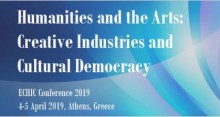

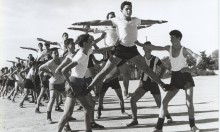
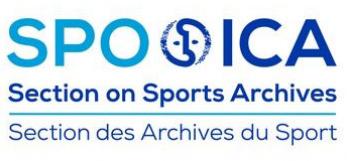 The International Council on Archives (ICA), through the Section on Sport Archives (SPO), aims to make governments and the public aware of the need to preserve and conserve archives belonging to all the individuals, public and private institutions, associations and other organisations linked to the world of sport.
The International Council on Archives (ICA), through the Section on Sport Archives (SPO), aims to make governments and the public aware of the need to preserve and conserve archives belonging to all the individuals, public and private institutions, associations and other organisations linked to the world of sport.